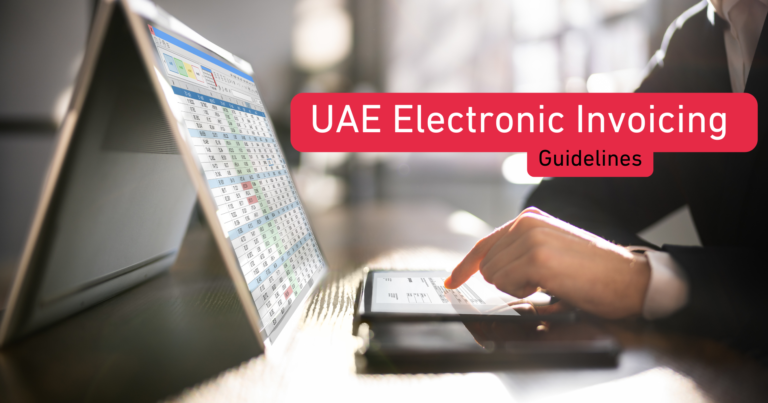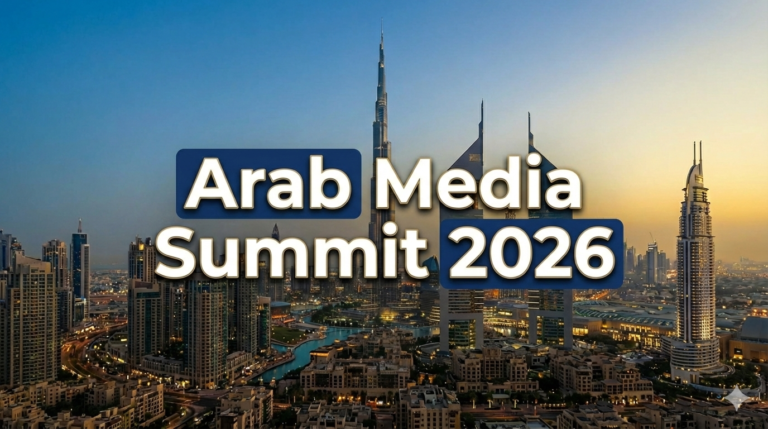
In a glass tower at the heart of the Dubai International Financial Centre (DIFC), a startup founder pitches a blockchain-based remittance platform to investors. Down the hall, a global bank tests AI-driven risk models in a regulatory sandbox. This is what DIFC looks like today: a blend of finance, technology, and innovation shaping the future of financial services in Dubai and the wider Middle East.
Why DIFC is the FinTech Magnet
The DIFC has grown into one of the top financial centers globally, hosting over 4,000 companies and employing more than 36,000 professionals (difc.ae). Its independent regulatory system, based on English common law, gives international investors confidence. For FinTech startups, the DIFC offers:
• Regulatory Sandboxes: Through the Dubai Financial Services Authority (DFSA), startups can test products under flexible oversight before scaling.
• Funding Access: The DIFC Innovation Hub connects founders with venture capitalists, angel investors, and global banks.
• Networking Ecosystem: Events, accelerators, and mentorship programs create a pipeline from idea to IPO.
• Global Reach: Firms use Dubai as a bridge to Middle Eastern, African, and South Asian markets.
Key Areas of FinTech Growth
• Payments and Remittances: Dubai is a hub for cross-border money flows. FinTech startups are cutting costs and speeding transactions for both consumers and SMEs.
• Digital Banking: Neobanks and mobile-first platforms are filling gaps left by traditional lenders, offering user-friendly solutions for the region’s young population.
• Blockchain and Crypto Assets: Under DFSA’s regulated frameworks, firms explore tokenization, decentralized finance (DeFi), and digital asset custody.
• InsurTech: Platforms offer tailored coverage and automated claims processing, enhancing transparency.
• WealthTech: Robo-advisory services, ESG-driven portfolios, and AI-enabled financial planning tools are gaining traction.
Evidence on the Ground
• Innovation Hub Expansion: The DIFC Innovation Hub became the largest FinTech ecosystem in the region in 2022, hosting more than 600 startups.
• Global Partnerships: Partnerships with firms from the UK, Singapore, and India are bringing capital and expertise into the DIFC.
• Crypto-Friendly Regulations: Licensed firms under DFSA frameworks are already launching blockchain-based products, drawing international attention.
• Funding Growth: FinTech funding in the UAE surpassed USD 2 billion in 2023, with DIFC at the center of deal flow.
National and Global Context
The UAE government supports FinTech through the National Innovation Strategy and the UAE Vision 2031 plan to diversify income streams. Dubai’s approach benchmarks itself against hubs like Singapore, Hong Kong, and London, while offering lower tax burdens and strategic access to emerging markets. This mix positions DIFC as both a competitor and a complement to the world’s biggest financial centers.
Challenges and Adaptation
Regulation around digital assets and cybersecurity continues to evolve, and competition among startups is intense. Talent shortages in specialized fields like blockchain security are another hurdle. Still, DIFC’s ability to adapt quickly through pilot projects and new frameworks keeps momentum strong.
Where Momentum is Heading
• Integration of AI into compliance and fraud detection.
• Tokenization of assets and broader use of blockchain.
• Expansion of Islamic FinTech catering to global demand.
• Stronger ESG alignment in wealth management products.


